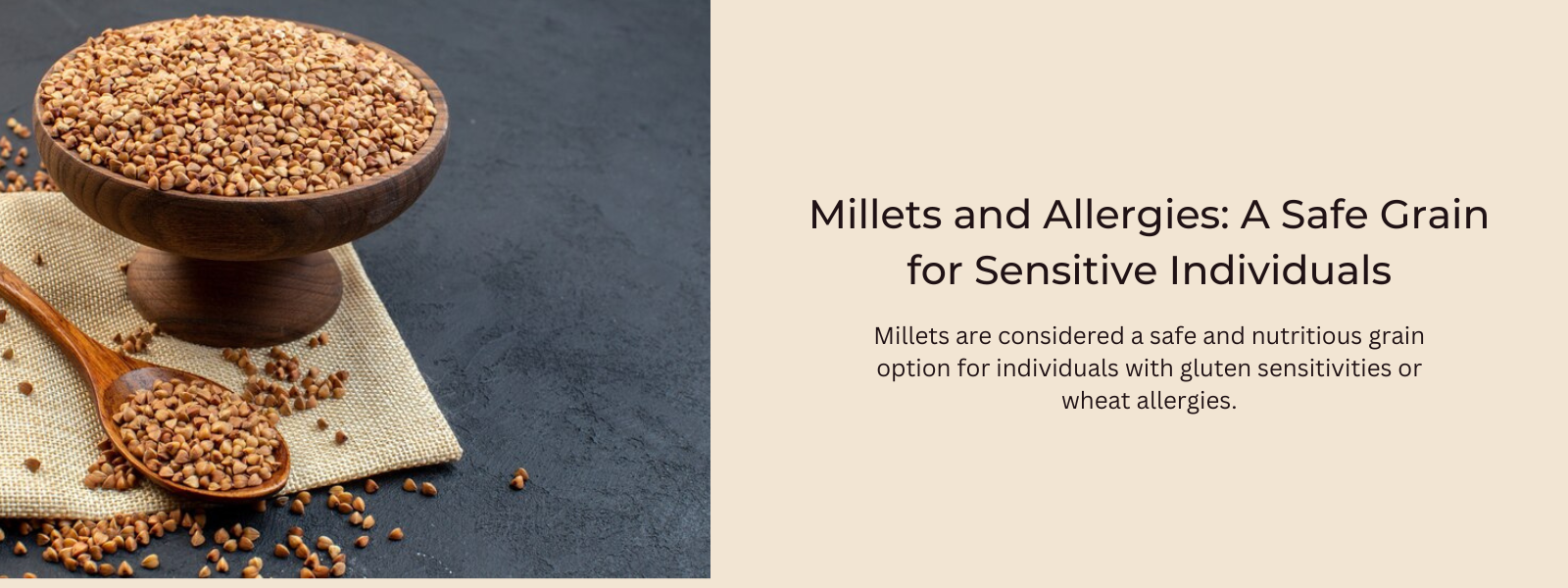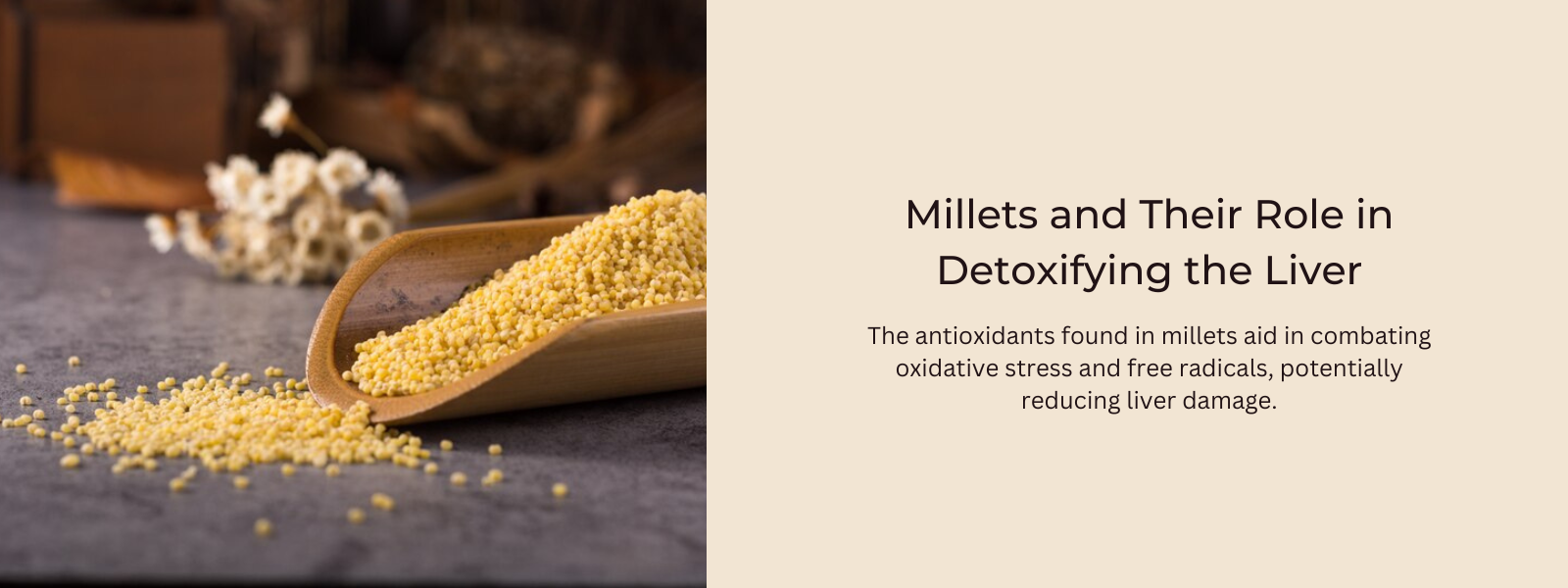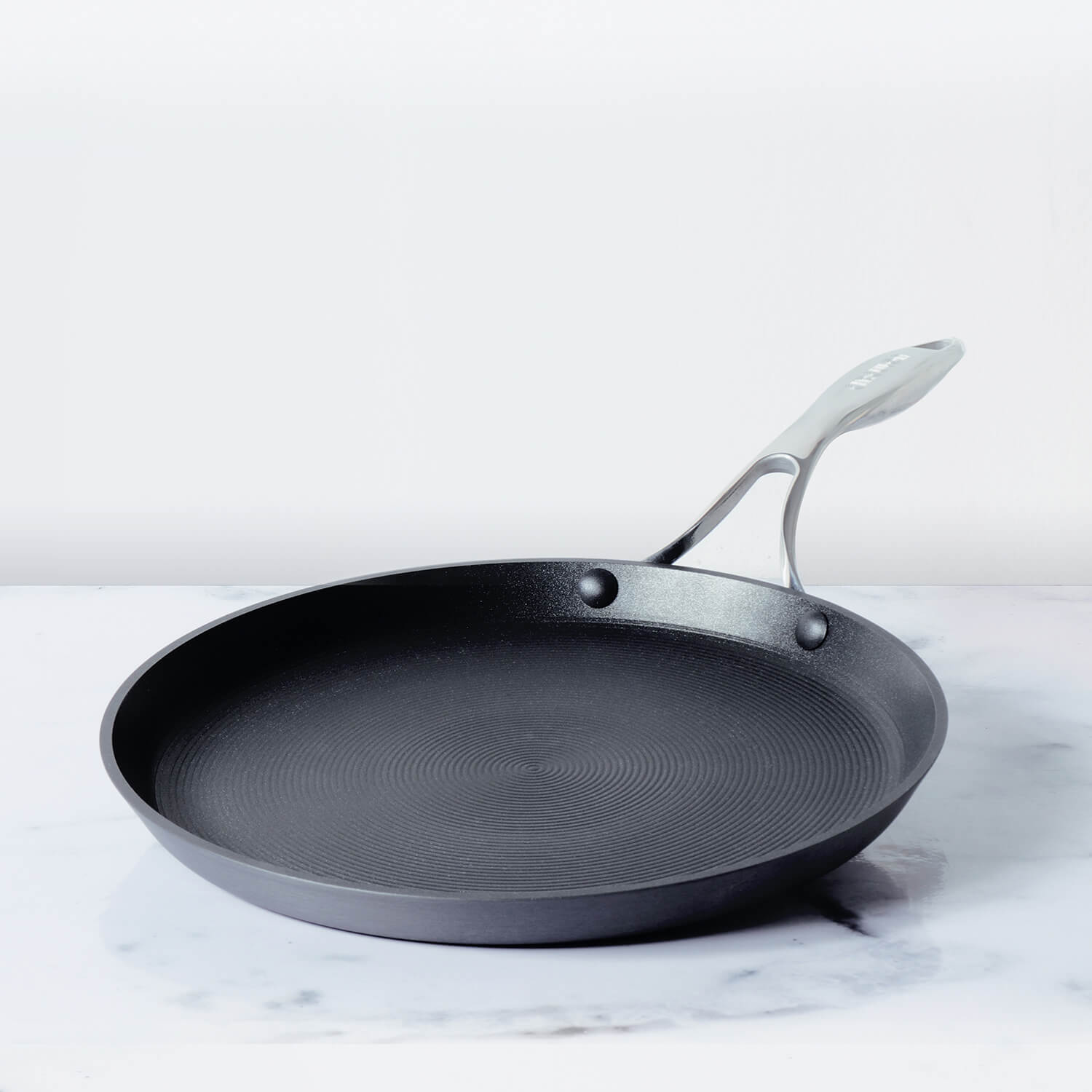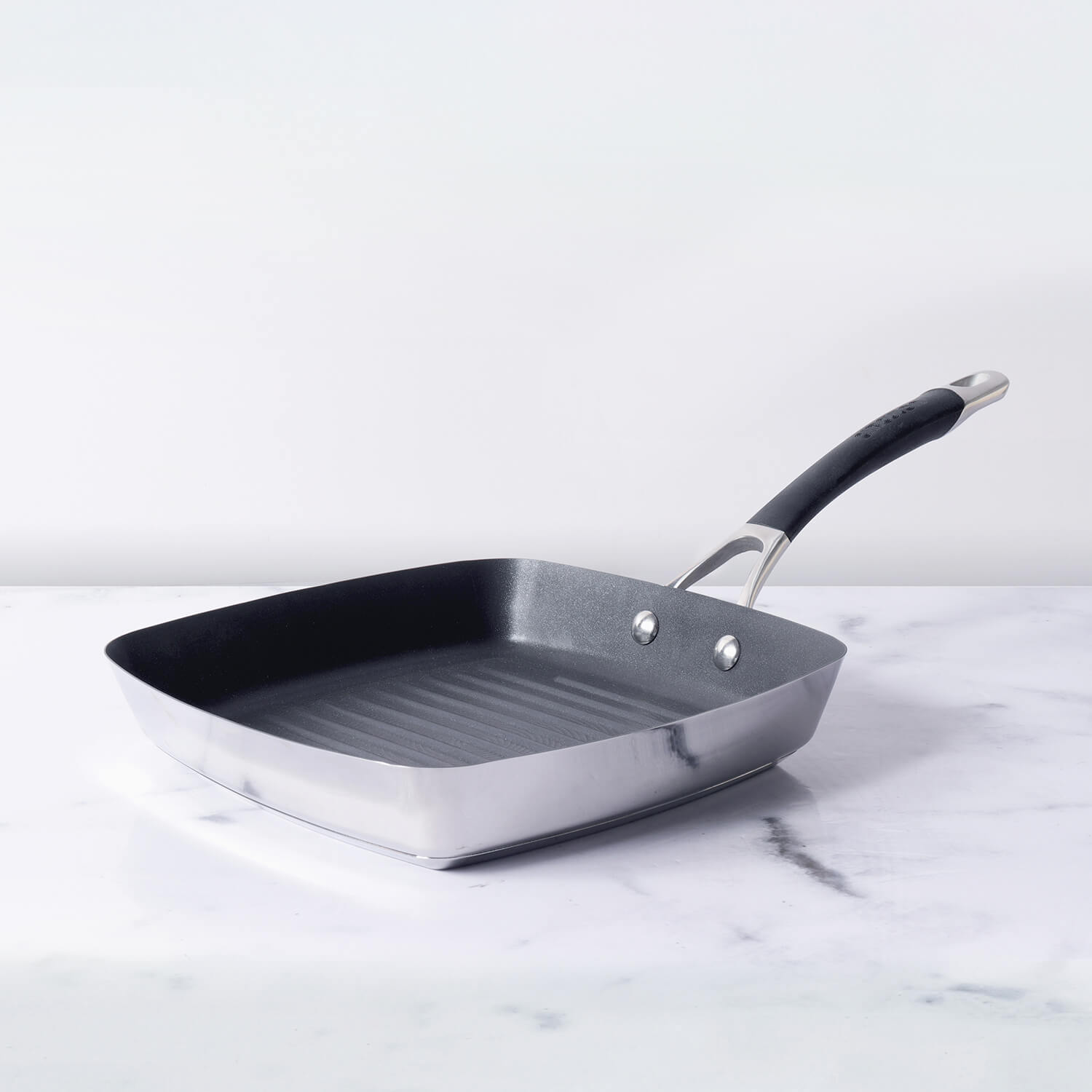Millets are a group of small-seeded grains that are indeed nutritious and can contribute to bone health as part of a balanced diet. They are a good source of several nutrients that are important for maintaining strong and healthy bones, including calcium, magnesium, and phosphorus.
Calcium is a crucial mineral for bone strength, and millets contain some amount of calcium. However, it's important to note that millets are not as rich in calcium as dairy products or certain leafy greens like kale or collard greens. To ensure strong bones, it's advisable to include a variety of calcium-rich foods in your diet.
Millets are a good source of magnesium, which is essential for bone health. Magnesium helps regulate calcium levels in the body and is important for bone mineralization. Phosphorus is another mineral that plays a key role in bone health, and millets contain phosphorus as well. It is important for the formation and maintenance of bone tissue.
Table of Contents
Millets Are Rich Source Of Calcium:
Millets are a valuable source of calcium, a mineral that plays a pivotal role in maintaining strong bones and overall bone health. Incorporating millets into your diet can contribute to your daily calcium intake, which is essential for bone density and preventing conditions like osteoporosis. However, it's important to remember that calcium absorption is also influenced by vitamin D, so ensuring you have adequate vitamin D levels through sun exposure or dietary sources is key. Millets, along with a well-balanced diet rich in other nutrients, can be a valuable component of a strategy to support your calcium needs and promote strong and healthy bones.
Are Millets Good For Bones?
Millets can indeed be beneficial for bone health. They are a good source of calcium, a key mineral for maintaining strong bones. Additionally, millets contain other essential nutrients like magnesium and phosphorus, which play crucial roles in bone formation and maintenance. These grains, when incorporated into a balanced diet, can contribute to the overall health of your bones. However, it's important to remember that maintaining strong bones also involves regular physical activity, exposure to sunlight for vitamin D, and a well-rounded diet that includes other calcium-rich foods such as dairy products and leafy greens.
What Makes Millet Good For Bones?
Millets can contribute to strong bones due to their calcium content and several other factors:
- Calcium Content: Millets, such as finger millet (ragi), are good sources of calcium. Calcium is a vital mineral for bone health and density.
- Vitamin D Interaction: Vitamin D is essential for calcium absorption. Adequate sun exposure and including vitamin D-rich foods in your diet can work in conjunction with millets to support bone health.
- Magnesium and Phosphorus: Millets also contain magnesium and phosphorus, which are necessary for the formation and maintenance of bone structure.
- Whole-Grain Benefits: Whole grains, like millets, provide a range of nutrients that support overall health. A well-balanced diet, including whole grains, can promote strong bones.











Leave a comment